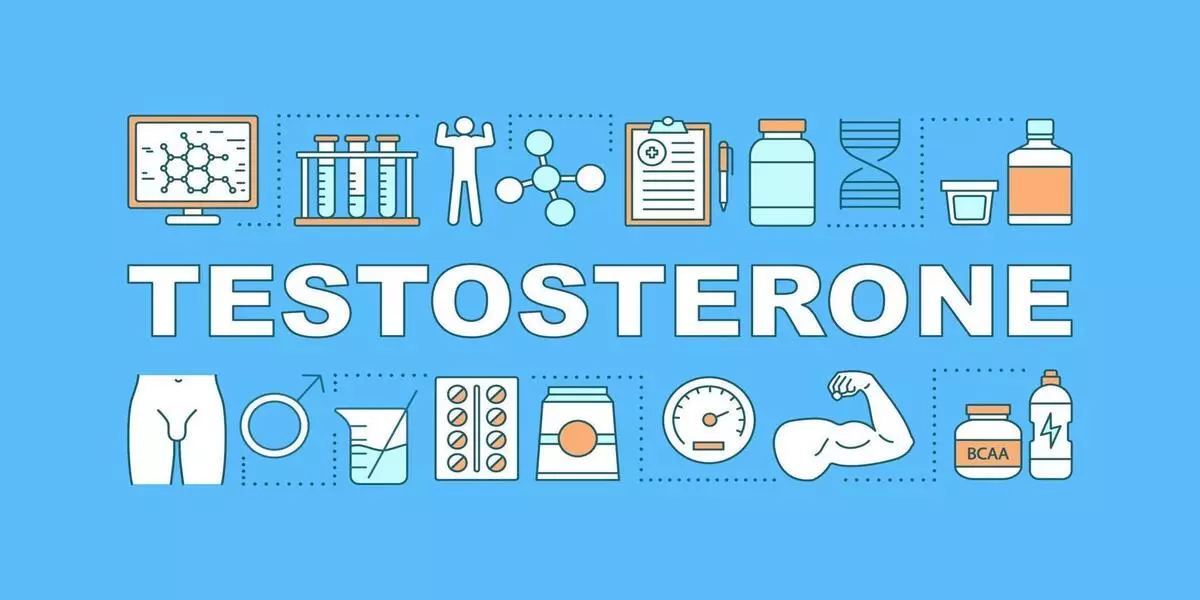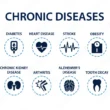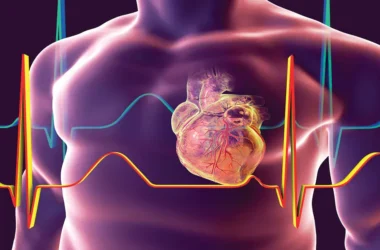Testosterone is a hormone that is essential for the development of male sexual characteristics and reproductive functions.
However, testosterone also plays a critical role in women’s health, affecting their physical, mental, and emotional wellbeing.
In this article, we’ll explore the basics of testosterone, its functions, and the importance of maintaining healthy levels.
What is Testosterone?
Testosterone is a hormone produced primarily in the testicles in men and ovaries in women.
It is responsible for the development of male sexual characteristics, such as deep voice, facial and body hair, and muscle mass.
In women, testosterone is produced in smaller amounts but is still important for their overall health and wellbeing.
Functions of Testosterone
Testosterone plays a critical role in several bodily functions, including:
- Sexual and reproductive health: Testosterone is responsible for the development of male sexual characteristics and plays a key role in male fertility. In women, testosterone is important for maintaining libido and reproductive functions.
- Bone density: Testosterone helps to maintain bone density, reducing the risk of osteoporosis and bone fractures.
- Muscle mass and strength: Testosterone is essential for building and maintaining muscle mass and strength.
- Mood and cognitive function: Testosterone can affect mood and cognitive function, including memory, concentration, and spatial awareness.
Also Read: The Benefits of Taking Cold Shower: Why You Should Consider It
Signs of Low Testosterone

Low testosterone levels can lead to several symptoms in both men and women, including:
- Low libido or sexual dysfunction
- Decreased muscle mass and strength
- Fatigue or lack of energy
- Depression or mood swings
- Decreased bone density
- Reduced cognitive function
Maintaining Healthy Testosterone Levels
There are several ways to maintain healthy testosterone levels, including:
- Exercise: Regular exercise, particularly strength training and high-intensity interval training (HIIT), can boost testosterone levels.
- Diet: A healthy diet rich in protein, healthy fats, and whole grains can help maintain healthy testosterone levels.
- Sleep: Getting enough quality sleep is essential for maintaining healthy hormone levels, including testosterone.
- Manage stress: Chronic stress can lead to decreased testosterone levels, so it’s important to manage stress through practices like meditation or therapy.









Highly informative.